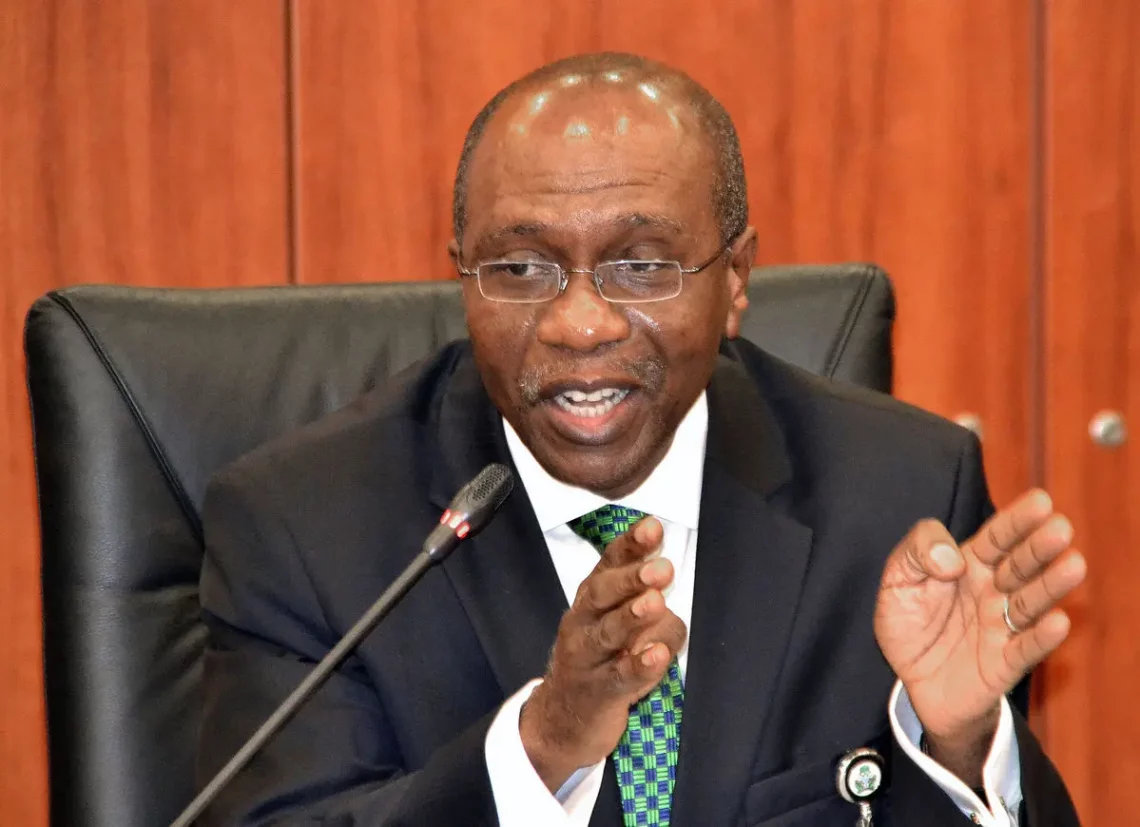With the resolve of the Central Bank of Nigeria (CBN) to continue on its hawkish stance and hike benchmark interest rate as long as inflation remains high in the country, the International Monetary Fund has given its backing to higher interest rate as the world faces a slower growth.
The IMF in its latest World Economic Outlook (WEO) for October had revised downwards the global growth forecast for 2023 to 2.7 percent, 0.2 percentage points lower than the July forecast while that of this year is left unchanged.
For Nigeria, the growth projections for 2022 and 2023 were lowered from 3.4 and 3.2 per cents which was projected in July to 3.2 and 3.0 per cents respectively. The CBN Governor had at the last Monetary Policy Meeting in September where rates were raised to 15.5 per cent had noted that while the higher rates may slow growth, it is needed to protect price stability.
IMF Research Department Director, Pierre-Olivier Gourinchas, speaking at the press briefing on the WEO on Tuesday at the IMF/World Bank Annual Meetings said the stance of the fund is that central banks should continue their course of conservative monetary policy.
Many central banks across the world have been raising benchmark interest rate as a way to curb rising inflation which had been spurred by the aftermath of the Covid19 pandemic and the ongoing Russia-Ukraine war that has distrupted global supply chains.
Gourinchas stated that the IMF is maintaining its stance “that central banks stay the course. Now, that doesn’t mean that they should accelerate compared to what they’ve been doing. But it also doesn’t mean that they should sort of pause on the path towards monetary normalisation that we have seen. We are not stopping from a position where central banks were neutral when they started increasing rates.
“We are starting from a position where rates are historically low because companies were coming out of pandemic and then so a lot of what we have seen so far is monetary normalisation, central banks coming closer to sort of a neutral stance, which is very appropriate given that the economy is not in the COVID related recession anymore, and that you have this inflation pressures.
“Now you are absolutely right that there are lags in the transmission of monetary policy. But we also have very elevated level of inflation. And we’ll look at core measures of inflation, they are still pushing upwards.
“So, it’s a little bit early to think about moving to something else. I think right now our advice is, let’s make sure we see a decisive decline in inflation which by the way, you know, forecasts we’re seeing happening, inflation peaking around now or towards the end of the year, depending on the countries and then in 2023 inflation coming down conditional on the path of monetary policy that countries have implemented. So, we were so this is how we want to explain what we mean when we say state of course.”





